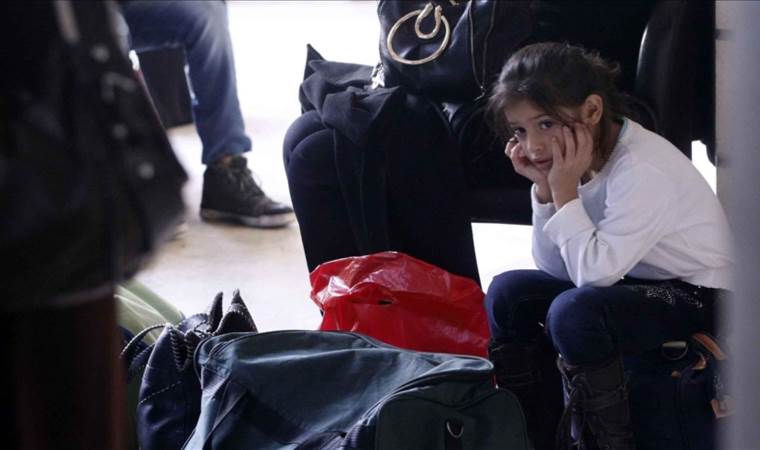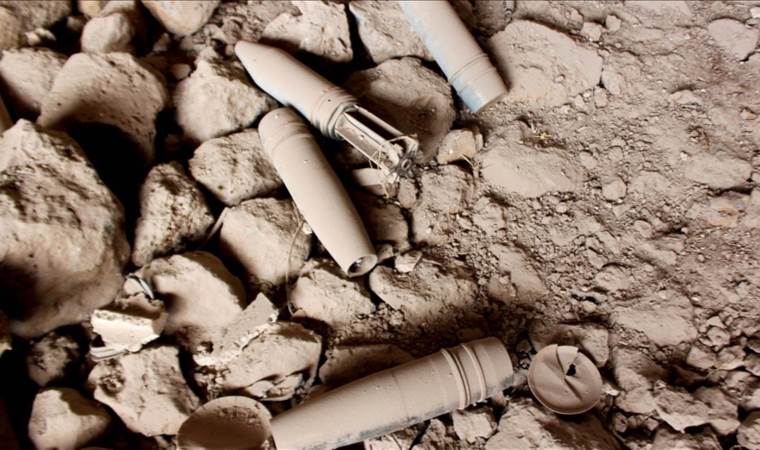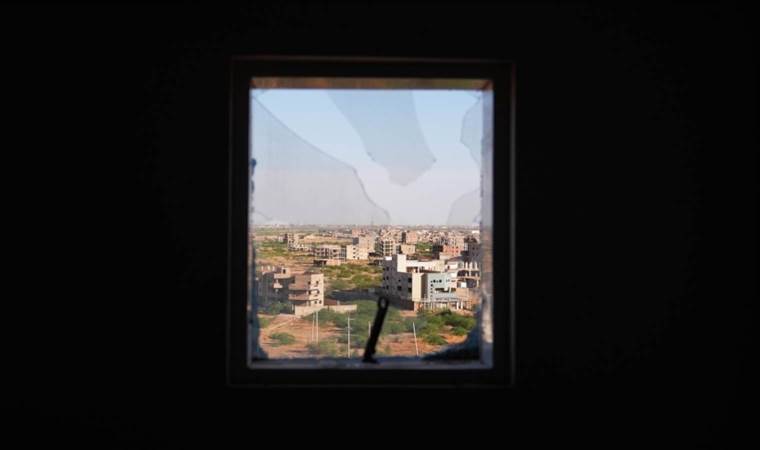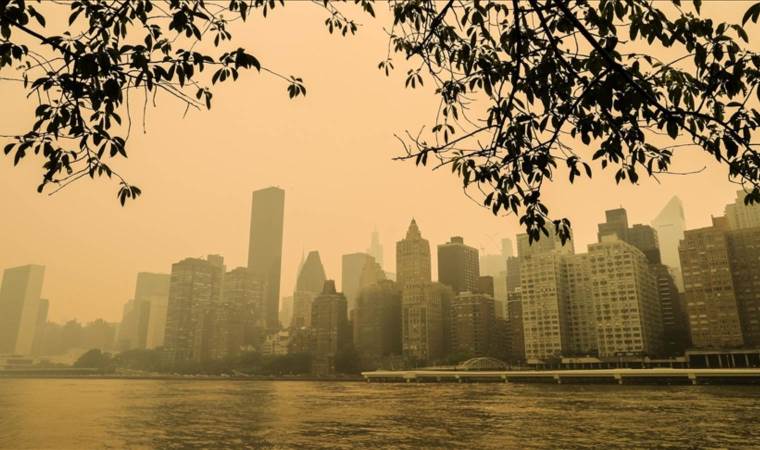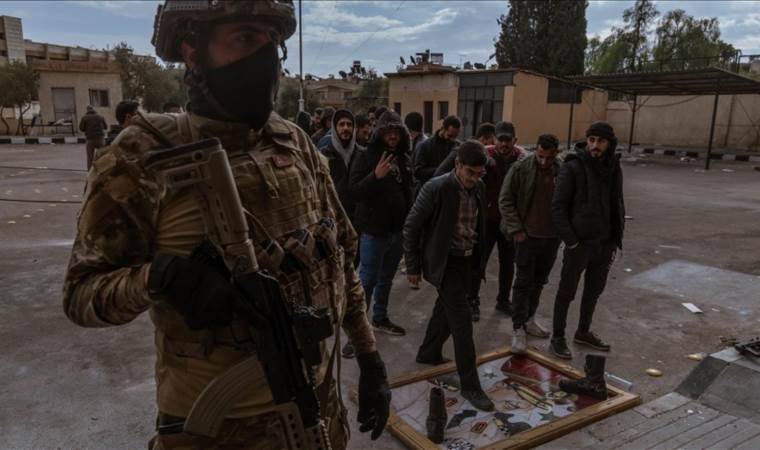Spain's wildfire preparedness intensifies amid agricultural tensions
In the wake of widespread protests by farmers across Europe, who have expressed their dissatisfaction through road blockades, tire burning, and manure dumping, Spain faces its own unique challenges.
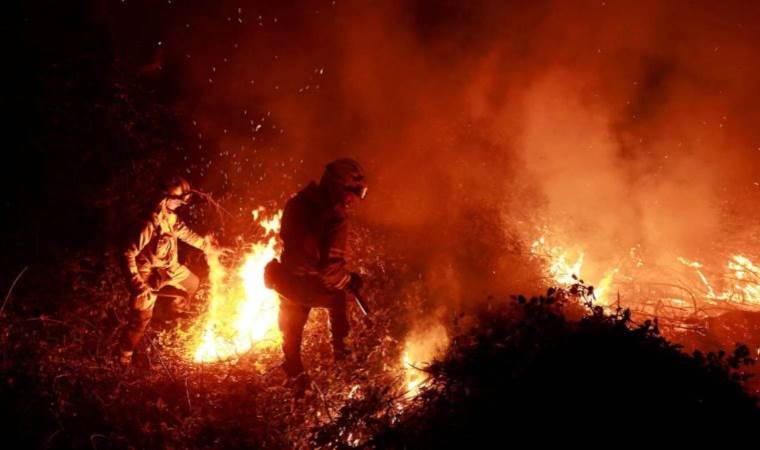
Asturias, a province in Spain, is bracing for potentially severe wildfires. Last spring, the region experienced an extraordinary series of nearly 300 wildfires, which jumped across highways, prompted hundreds of evacuations, and threatened the outskirts of Oviedo, the regional capital. Authorities have pointed to agricultural practices as a significant factor behind these fires.
The longstanding grievances of farmers over government interference with traditional farming methods have merged with climate change, creating a precarious situation. According to regional authorities, environmental groups, and prosecutors, some beef farmers set fires deliberately last year to clear land for grazing, which spiraled out of control due to unusually warm and dry conditions. These claims are vehemently denied by the farmers involved.
In response to the escalating wildfire threat, Asturias has boosted its wildfire prevention and response budget by nearly 20% to 70 million euros ($75.7 million). This increase funds additional firefighters and foresters, and establishes round-the-clock surveillance to prevent future disasters. The core issue, as identified by authorities, is the ancient practice of burning scrubland to clear it for grazing. This practice has become increasingly problematic due to bureaucratic hurdles and climate change, making traditional controlled burns more hazardous.
The debate intensifies as Alejandro Calvo, head of Asturias' fire prevention department, links the prevalence of livestock farming with the increased incidence of wildfires. On the other side, Jose Ramon Garcia, a local farmers' union leader, accuses the authorities of mismanagement, arguing that most large fires result from natural causes, not deliberate burning.
The situation is further complicated by changes in demographics and economic pressures. Young people are moving away from rural areas, leaving behind an aging population and dwindling workforce to manage the land and respond to fires. Economic challenges have been exacerbated by Spain's integration into the European Community in 1986, which shifted the economic focus away from agriculture. Today, farming accounts for a small fraction of Asturias' economy, with EU subsidies only partially alleviating financial strains.
Environmental conservation efforts, such as the protection of predators like wolves, have added another layer of contention between farmers and authorities. The classification of the Iberian wolf as an endangered species has sparked debates over livestock safety and compensation for farmers.
As Asturias and Spain grapple with these complex issues, calls for more local control and better management of resources underscore the need for a balanced approach to agriculture, environmental conservation, and wildfire prevention. The ongoing tension between preserving traditional farming practices and adapting to modern environmental challenges highlights the delicate balance required to sustain rural livelihoods while protecting the natural landscape.
Most Read News
-
 Recent Russian strikes on Kyiv were 'not necessary,' say
Recent Russian strikes on Kyiv were 'not necessary,' say
-
 Germany offers Syrians up to $4,555 to return home
Germany offers Syrians up to $4,555 to return home
-
 Despite stated ban, Spain continues to buy arms from Isr
Despite stated ban, Spain continues to buy arms from Isr
-
 China denies having talks with US on tariffs
China denies having talks with US on tariffs
-
 60 militants from paramilitary RSF killed in North Darfu
60 militants from paramilitary RSF killed in North Darfu
-
 Nearly half of Americans now live with dangerous air qua
Nearly half of Americans now live with dangerous air qua
-
 Zelenskyy partially cancels South Africa visit in wake o
Zelenskyy partially cancels South Africa visit in wake o
-
 Britain lifts sanctions against Syrian defense, interior
Britain lifts sanctions against Syrian defense, interior
-
 Pakistan says any Indian attempt to divert, stop flow of
Pakistan says any Indian attempt to divert, stop flow of
-
 Turkic world will continue to stand by Turkish Cypriots,
Turkic world will continue to stand by Turkish Cypriots,




